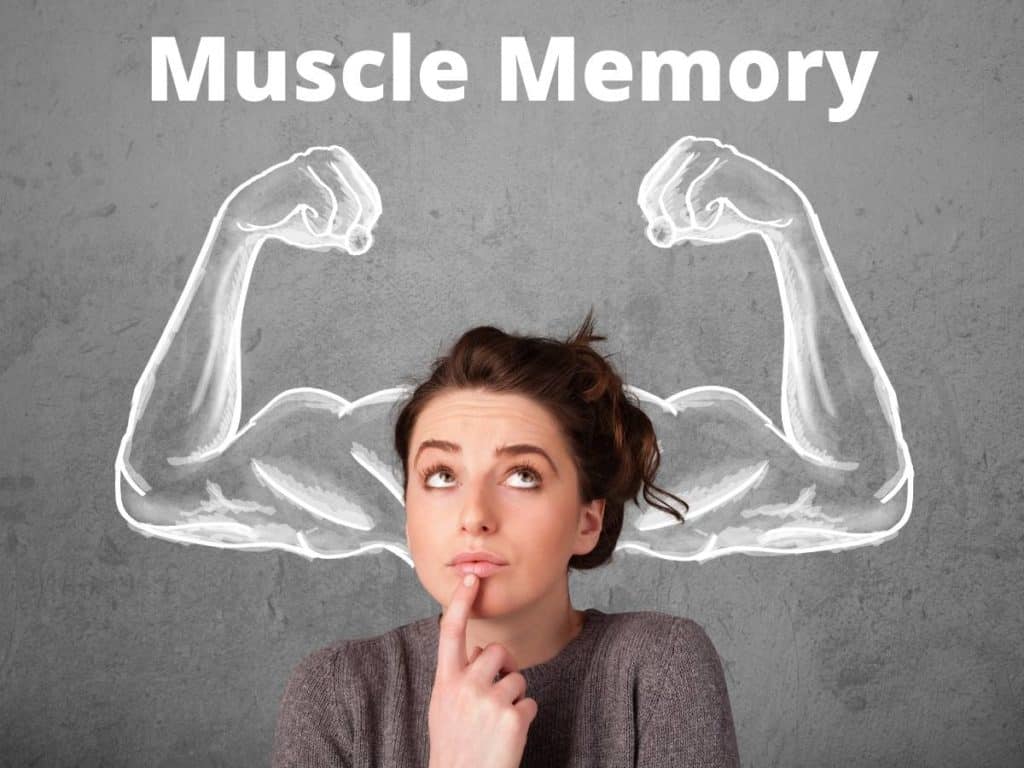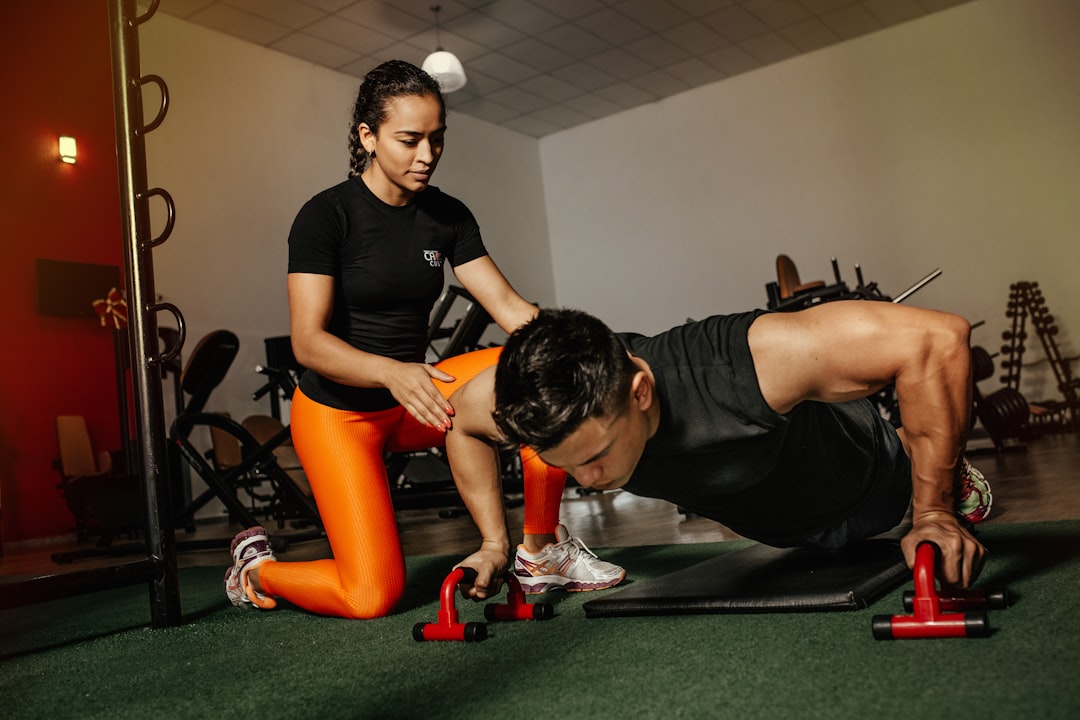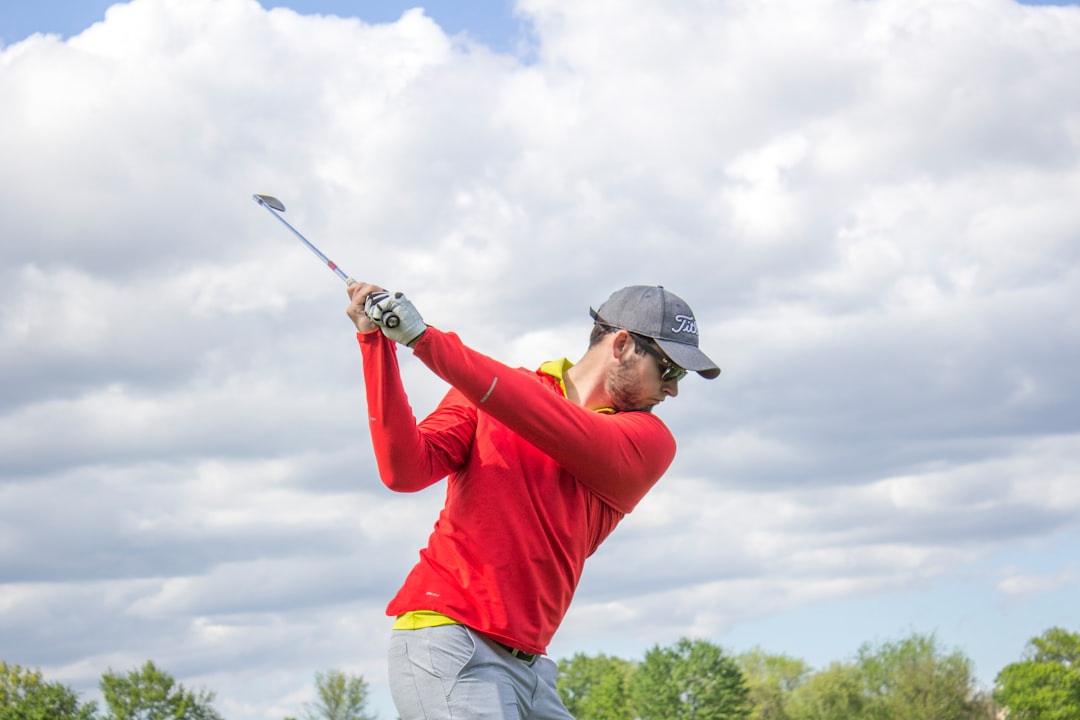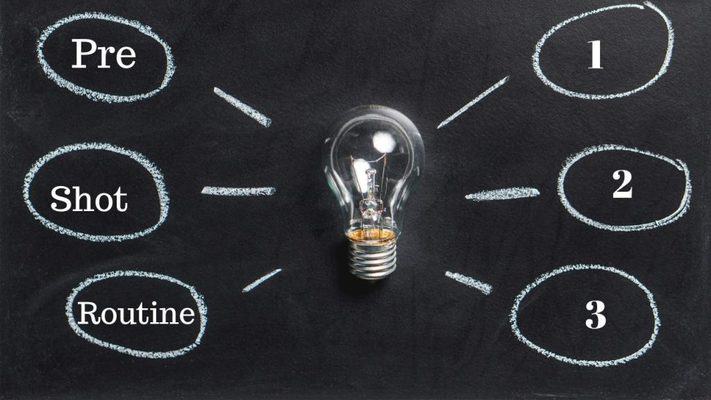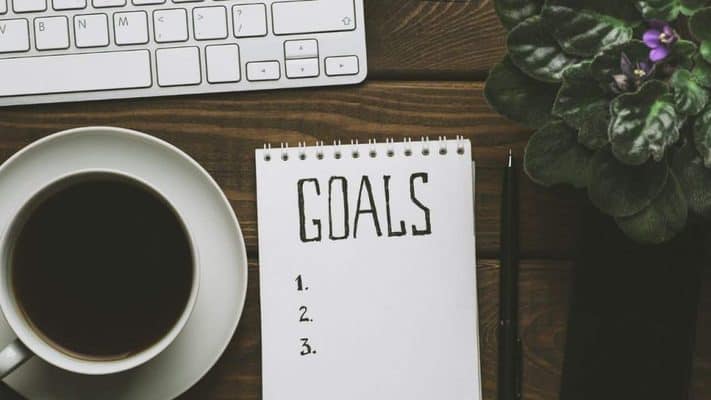Introduction
One of the most complicated aspects of playing great pool is something that most players are unaware of until someone else points it out to you during a game or a practice session.
So what is this thing?
Well the truth is it’s not just one thing it’s anything and everything that you are doing correctly or incorrectly over and over again without realizing that you have a problem.
Muscle memory is a term that is often used in sports coaching to describe the ability of a person to remember specific movements or actions. This term is often used to help athletes or coaches improve their performance in a given activity or sport.
What is Muscle Memory?
In its simplest form muscle memory is the formation of neural pathways between the nervous system, tendons and muscles in order to perform a repetitive task whenever needed without conscious thought.
Muscle memory is the ability of the body to store and recall specific movements or actions. This is often done through repetition.
One example of this would be folding your arms in front of your chest which most people are able to do without any thinking at all except for the initial impulse to fold your arms. It’s very simple to do, go ahead and try it now, I will wait for you.
The chances are if you are right handed your right arm will finish on top of your left forearm at the elbow. If you are left handed however your left arm will come to rest on top of your right forearm at the elbow.
It doesn’t matter which way you do it as long as you understand that folding your arms is an automatic process.
Pool Example
To give you a quick example a few weeks ago I had taken some video clips of myself playing a few shots during practice. I sent these clips to a coach in order to get feedback on my pool stroke. As I looked at the videos myself I noticed that my grip really tensed up either during or shortly after my tip contacted the cue ball.
This tightening of the grip in the pool stroke is most likely caused by the player anticipating the stroke coming to an end. If the tightening happens after the ball has been struck then it has no bad effects.
The problem is however that under pressure situations in league matches or tournaments you will tend to subconsciously tighten your grip earlier and earlier in the stroking process. Furthermore, over a length of time the tightening of your hand may turn into wrist twisting or even the dreaded chicken wing.
Huh! What’s wrong with a chicken wing anyway?
Pool stroke defects can be corrected by a coach or video analysis but that is not the subject of this article, we are here to discuss muscle memory.
How Does Muscle Memory Work?
Now try to fold your arms the opposite way, you will be able to do it but you will probably have to think for a second to perform the task. This is because you have not developed the mental pathways or muscle memory yet.
The brain remembers the information learned through muscle memory by storing it in the form of neural pathways.
This process is known as neuroplasticity, and it refers to the ability of the brain to change and adapt its structure in response to experience or learning?
The neurons that are responsible for memory storage receive a steady flow of electrical signals from the muscles that were used to learn the information. These signals help to create new neural pathways, which can then be used to remember similar information in the future.?
As we learn new information, our brains create new neural pathways so that we can more easily access that information in the future. This is why muscle memory is so important – it helps us remember things quickly and easily!
This process is often helped by practicing the skill or action over and over again.
Is Muscle Memory Good or Bad
The human brain is wonderful tool and most processes in the body continue to work efficiently with very little input from us. However when we learn a skill for the first time the brain has no way of knowing whether the actions that you are performing are good or bad.
But being an efficient organ the brain will form new pathways to build muscle memory for each time that you perform the same task with no regard to right or wrong.
Your brain doesn’t care if you swing a golf club like Tiger Woods or Elmer Fudd!
If you keep performing an action a certain way then you must be happy with it, right?
If your coach suggests that you do something different to what you are currently doing its probably best to take their advice and work on the skill. The pool coach Tor Lowry has many of his students perform thousands of stroke drills in a specific way before he moves on to other skills.
How to use Muscle Memory in Coaching?
A muscle is a group of cells that work together to produce movement. When you perform a task, your muscles use stored information to help them complete the task quickly. This is called muscle memory. Muscle memory helps you do things faster and more efficiently than you could possibly learn on your own.
One way to use muscle memory in coaching is by using drills. Drills are specific movements that help players improve their skills. For example, if you want a player to shoot from distance, you might drill him or her repeatedly shooting from different positions and distances until the player can shoot accurately without thinking about it.
Another way to use muscle memory in coaching is by using concepts.
For example, if you want your player to play hard defensively, try teaching them the concept of “playing tough defense” rather than teaching them one specific defensive move. This will allow the player to apply the concept throughout his or her game rather than just during one specific moment.
How Long Does Muscle Memory Take to Build?
Muscle memory can take some time to build and basically it will depend upon the complexity of the task. As you become more proficient at a given task the more confidence builds. The conscious mind gradually releases total control of the task over a period of time until unconscious competence is reached.
This is where your brain trusts you to do it right without supervision.
Your muscles are constantly working, whether you’re lifting a weight in the gym or just walking around. Your brain registers these movements and stores them as muscle memory, so the next time you do that same action, your muscles will automatically respond.
This is why it’s so important to practice regularly – your brain can’t always be there to remind you what to do!
The more correct repetitions you perform, the better the muscle memory will become.
How Many Repetitions Does it Take to Build Muscle Memory?
There is no one answer to this question as it will vary depending on the person and the task at hand. However, generally speaking you should aim to practice the skill as often as possible. The number of repetitions you perform will depend on the skill or action you are trying to learn.
It is generally agreed that some skills are simple like nodding your head and some are very complex like learning to walk. The complexity of a skill is often determined by how many times the skill must be practiced in order for it to be retained.
One study found that it took 10,000 exposures to a new motor sequence to create long-term muscle memory. This means that if you want to learn how to ride a bike, you will need to practice cycling 10,000 times!
Another factor that impacts the complexity of a skill is how recently the skill was learned. If you learn how to ride a bike in one day, your brain will have less time to encode the information into long-term memory.
Conclusion
Muscle memory is an important tool for athletes and coaches. By understanding how muscle memory works and how to build it, you can improve your performance in any activity or sport.
There’s no doubt that muscle memory is an important tool for athletes and coaches. By understanding how muscle memory works and how to build it, you can improve your performance in any activity or sport.
When you perform a skill or action again and again, your brain starts to create a “muscle memory” of the movement. This means that the next time you try the same skill, your brain will execute the action without having to think about it very much.
This is why muscle memory is so important for athletes and coaches; by being able to quickly execute a skill, they can improve their performance significantly?
